This post includes the following reading points.
Hey-ho! I just love all things literacy and specifically working with words. I want to delve deeper into phonological development, because.. well.. I just love it! I’m a bit of a nerd that way! Are you too?
You know that phonological and phonemic awareness skills are important and also necessary to understand as a Pre-K-2 teacher.
It is vital that you know and understand what phonological and phonemic awareness is, as it is the foundation for reading success.
According to Calfee, Lindamood & Lindamood, 1973: Children’s ability to attend to, and manipulate phonemes strongly correlate with their reading success through to the end of their schooling.
It can be tricky to wrap your head around. You may be confused by the terminologies, definitions, skills sets and acquisition. Well this is the place for you!
Lap it all up in one neat blog post that can also be downloaded fo’ free you all! Let’s get down to it straight up!
What is Phonological Awareness and why is it so Important?
Phonological awareness skills are the basis for reading. Without these important skills, potential reading difficulties may arise in the early years.
A child who has concrete phonological skills will have a strong platform in which to develop reading skills.
What is Phonological Awareness?
Phonological awareness is the ability to hear and manipulate sound structures within words.
Click here to download the image above fo’ FREE!
Phonological skills include:
Rhyme: rhyme awareness and construction
Alliteration: Discrimination and production
Sound and Word Discrimination: Hears units of sounds within a sentence, identifies which word is different
Syllabification: Syllable segmenting and blending
Onset and Rime: Blending and segmenting
Don’t confuse phonological awareness and phonemic awareness! While phonemic awareness falls under the umbrella of phonological awareness, it is just one aspect of phonology.
Join the word work newsletter

Subscribe to get word work ideas. Plus download your FREE Vowel chart now.
What is Phonemic Awareness?
Phonemic awareness is one part of phonological awareness.
Phonemic awareness deals with the phoneme. Phonemic awareness is the ability to hear and manipulate sounds aurally.
A phoneme is usually defined as the smallest unit of sound.
Phonics is the system in which sound structures and phonemes are represented.
Phonemic Awareness Skills (also fits under the phonological awareness skills umbrella) include:
Individual Phoneme Skills (aural, no print involved):
Individual Phoneme Isolation:(beginning medial and final): Isolates phoneme in given word
Individual Phoneme Blending: Blends phonemes to make a word.
Individual Phoneme Segmenting: Identifies phonemes in words
Syllable Manipulation:
Syllable (onset-rime) Deletion: Deletes onset and then rime in given words
Syllable (onset-rime) Substitution: Substitutes onset and then rime to make new words
Phoneme Manipulation:
Phoneme Deletion: beginning and final
Phoneme Addition: Adds phoneme to make a new word
Phoneme Substitution: Substitutes a phoneme to make a new word
Note: Phonological skill sets seen above are in chronological order of assessment and teaching.
Why is Phonological Awareness so Important?
Phonological awareness is a vital set of skills that allows us to learn how to read.
Phonological awareness skills provide children with a means to access the written form; phonics. You might know phonics as sound and letter combinations used to represent words.
Research suggests that trouble with phoneme awareness and phonological skills early on is a gauge for poor reading and spelling skills.
According to the National Reading Panel Report (National Institute of Child Health and Human Development, 2000), “The level of phonemic awareness that children possess when first beginning reading instruction and their knowledge of letters are the two best predictors of how well they will learn to read during the first two years of formal reading instruction.” (Adams, Foorman, Lundberg, & Beeler: 1998 -Phonemic Awareness in Young Children: A Classroom Curriculum.
What does this Mean for me as an Educator?
Did you know that:
“According to the 2003 National Assessment of Educational Progress (NAEP), 37 percent of fourth graders and 26 percent of eighth graders cannot read at the basic level; and on the 2002 NAEP 26 percent of twelfth graders cannot read at the basic level. That is, when reading grade appropriate text these students cannot extract the general meaning or make obvious connections between the text and their own experiences or make simple inferences from the text. In other words, they cannot understand what they have read.” Reference: National Assessment of Educational Progress (NAEP)
Based on this and similar research outcomes, it is vital that early childhood educators understand both phonological and phonemic awareness skills. It is necessary that these skills are explicitly assessed in the first year of formal schooling and again in the second year.
Moreover, teachers need to understand how to integrate phonological and phonemic awareness curriculums for their emergent readers.
Most importantly, it is essential that teachers have access to systematic intervention resources that complement individuals. These skills are most important for Pre-K, to first grade as they are the foundation for reading, as covered. Children with reading difficulties, may benefit in re-assessment and interventions.
How will Assessing and Providing Interventions Help my Students with their Phonics Development?
We know that a robust phonics base curriculum (among other things like: comprehension, vocabulary and fluency) lends itself to higher reading outcomes.
Comparatively, the same applies with the relationship between phonological and phonemic awareness skills, and phonics skills.
We spend a lot of time planning, implementing and assessing phonics skills and knowledge. Is this to the detriment of more foundational skills? Do the students struggling to grasp: letter-sound relationships, vowel sounds, r-controlled vowels, and other spelling conventions actually struggle on a deeper level? Have you assessed these students’ phonological and phonemic awareness skills? Are they missing something that can easily be revisited with an intervention session?
Where can I Find Phonological and Phonemic Awareness Assessments and Interventions for my Students?
There are many sites on the net that provide basic assessments. However, I found many of them frustrating as I needed a more global assessment that was explicit for the developmental ranges in my students. So many sources seemed to leave out key skills, aghhh. After a year of investigating what will work, I came up with my own systemic and explicit assessment.
Here are the skills the assessments will cover.
Click here to download it fo’ FREE!
After almost 6 months, I devised a HUGE phonological and phonemic awareness assessment and intervention bundle that is conveniently, a ‘grab and go’ resource. I wanted to create intervention printables that involve very minimal prep, just copy, grab counters and die, and that’s about it! Click the images below to see the BUNDLE.
Note: Click here, to see this file in my Teachers Pay Teachers store; Clever Classroom. Or see more images of the file here.
In the intervention digital download you have access to: information pages, tracking pages, assessment pages, as well as print and go games for interventions. I know children learn best from hands-on activities like games so I have included a few for each skill (as seen in skills listed above in the boxes). The games are all black and white so you can place them in a binder, each inside plastic sleeves, or laminated. They will be ready to use at a moment’s notice with individuals or small groups.
Above is a snapshot of the Phonological and Phonemic Awareness Binder. Photos of the binder can be viewed here.
This will be a great time saver, not to mention an explicit and systematic way to ensure you’re assessing and teaching phonological and phonemic awareness skills and preparing competent readers.
Thanks for dropping by, I hope this post has been of value to you.
You can download the entire blog post for free here.
If you would like to keep up to date with more phonological and phonemic awareness posts, or other word work and reading themed posts, you can follow this blog by clicking here.
Or you can be part of our community who receives information about all things word work straight to your inbox. Click here to join us.
Happy word work!
Emma
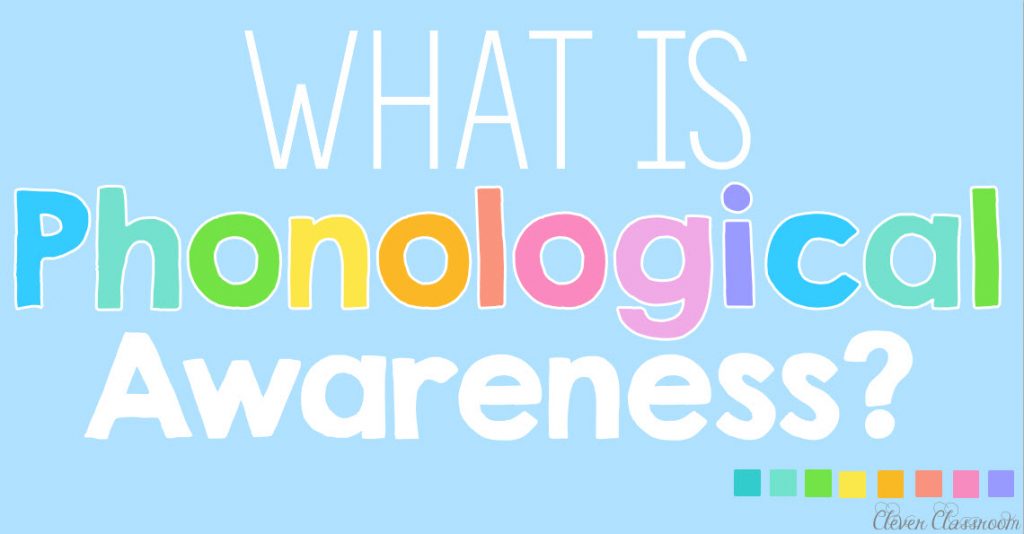
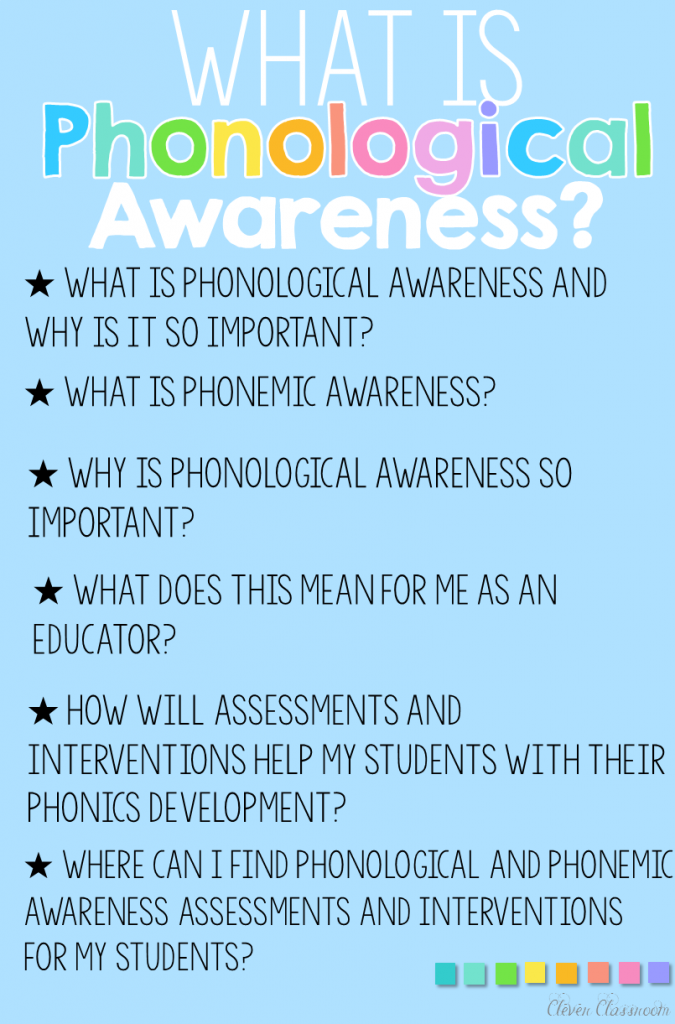
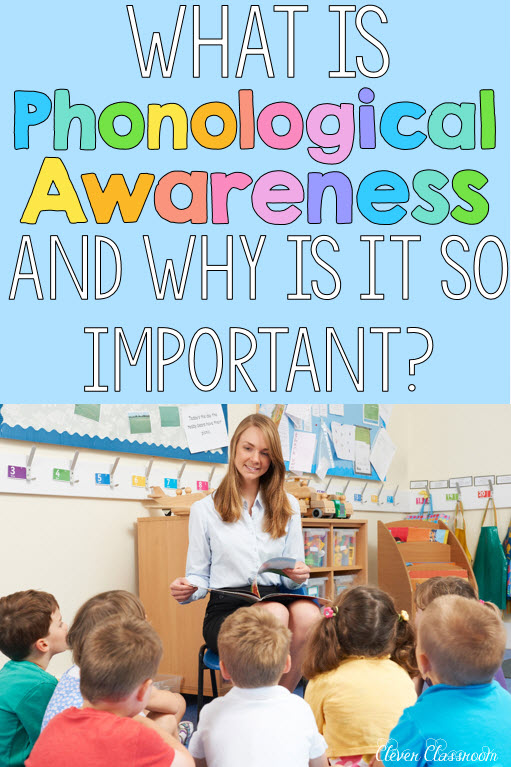
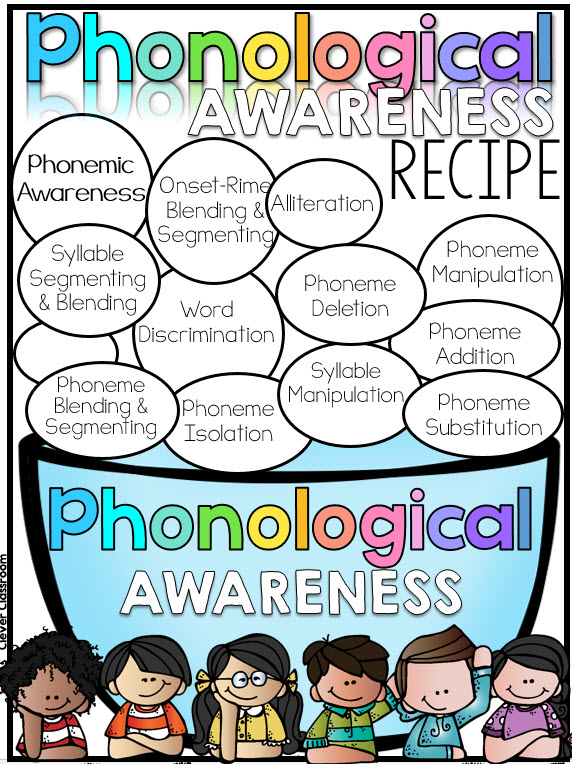
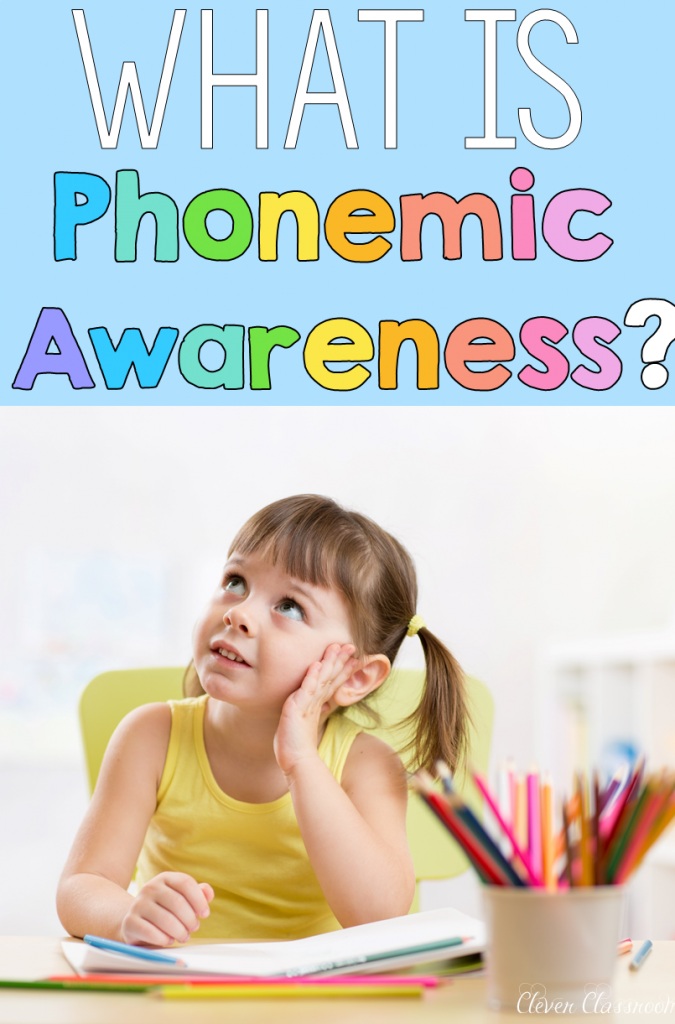
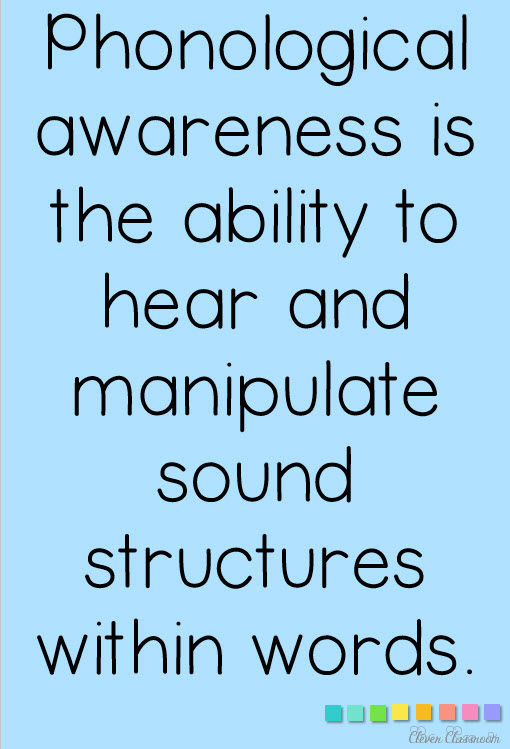
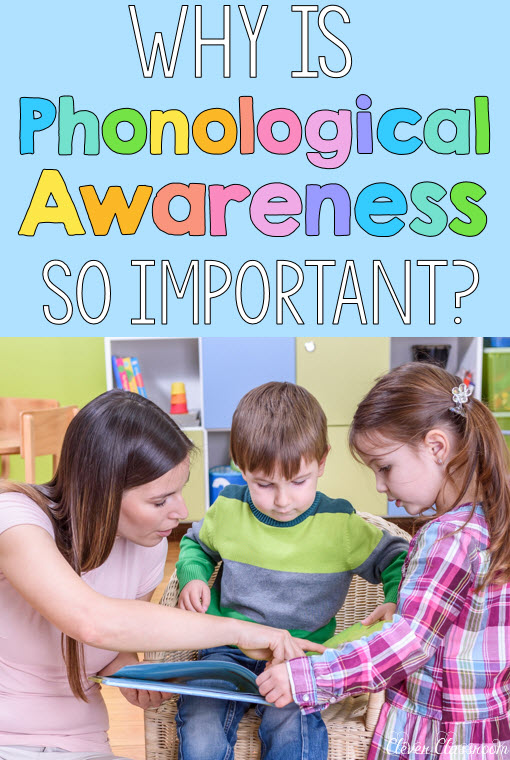
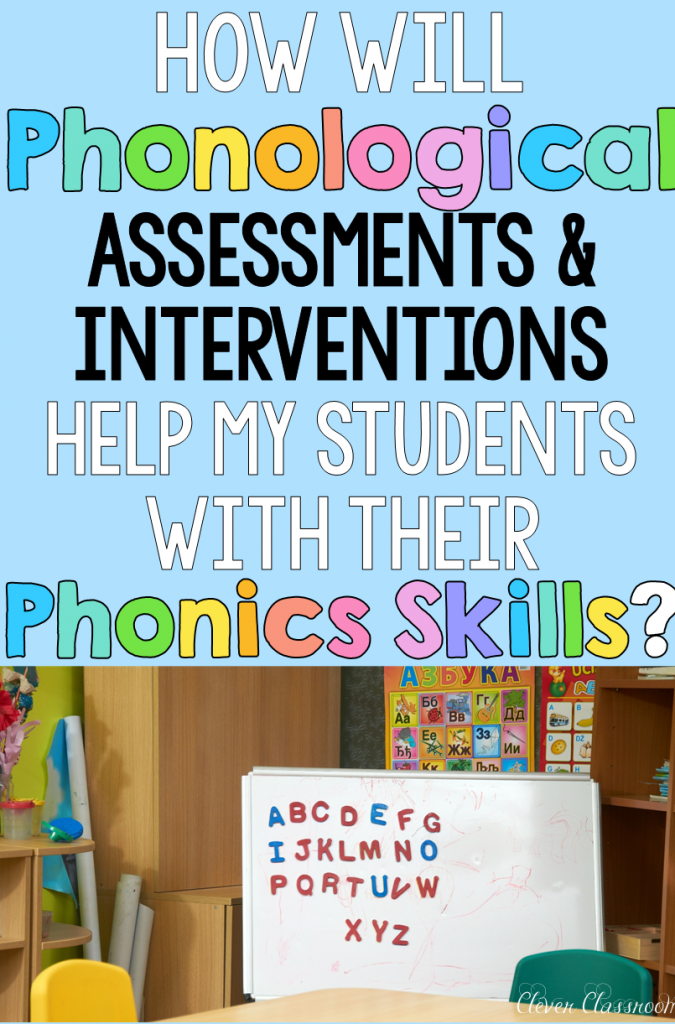
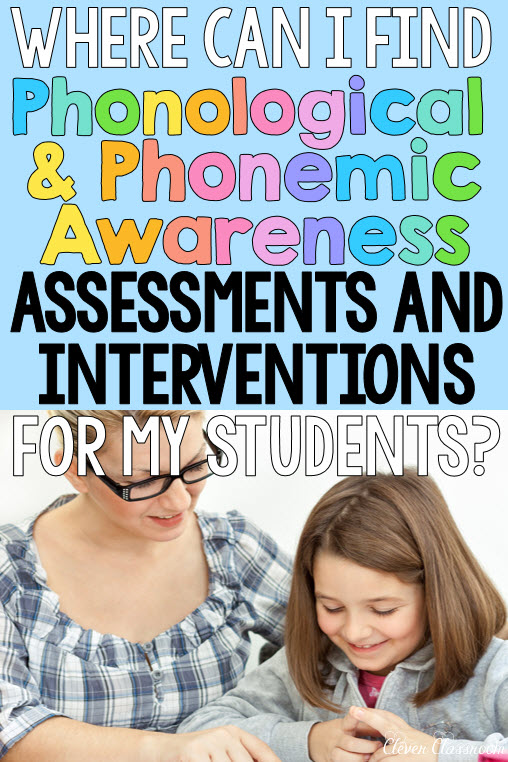
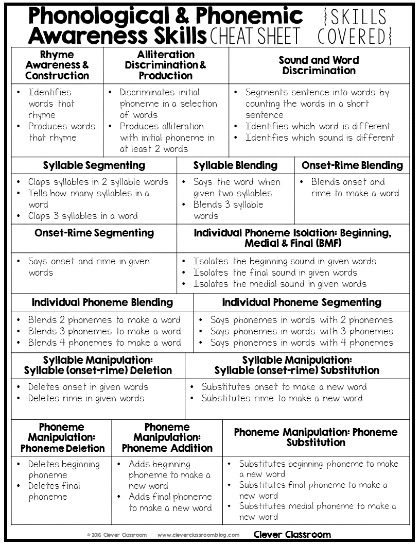
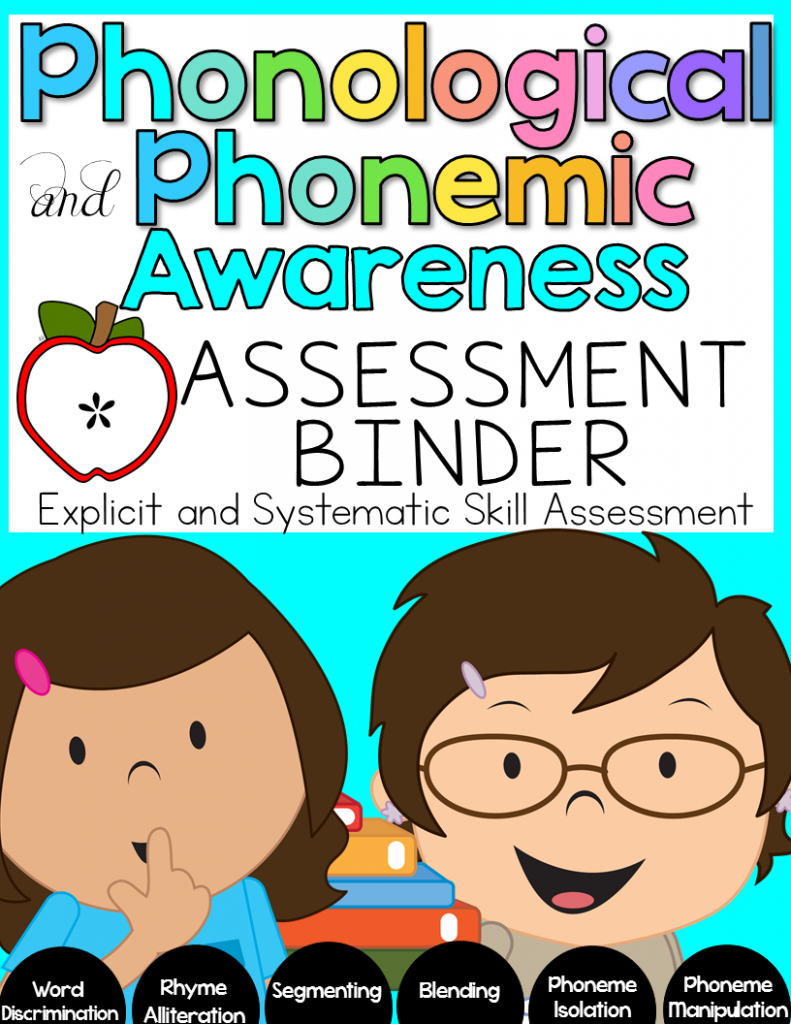
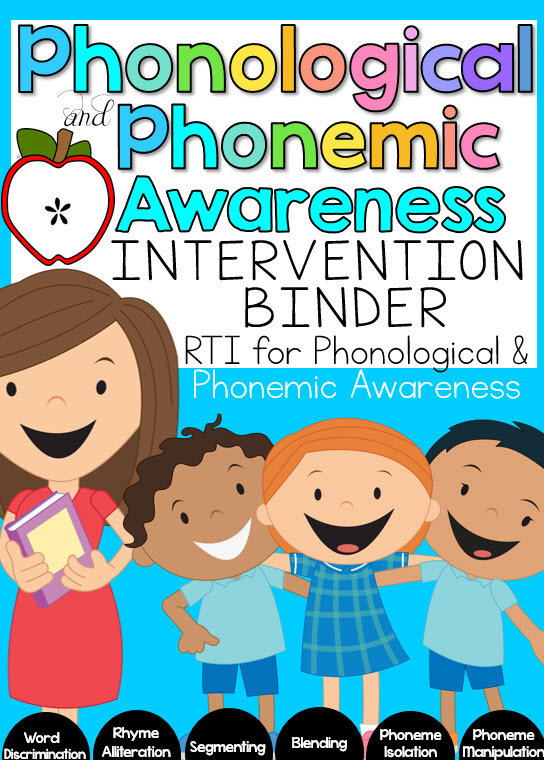
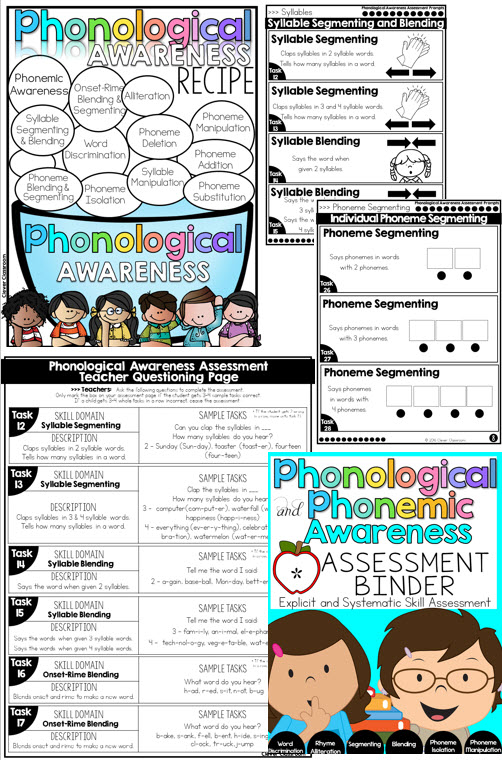


Leave a Reply
You must be logged in to post a comment.